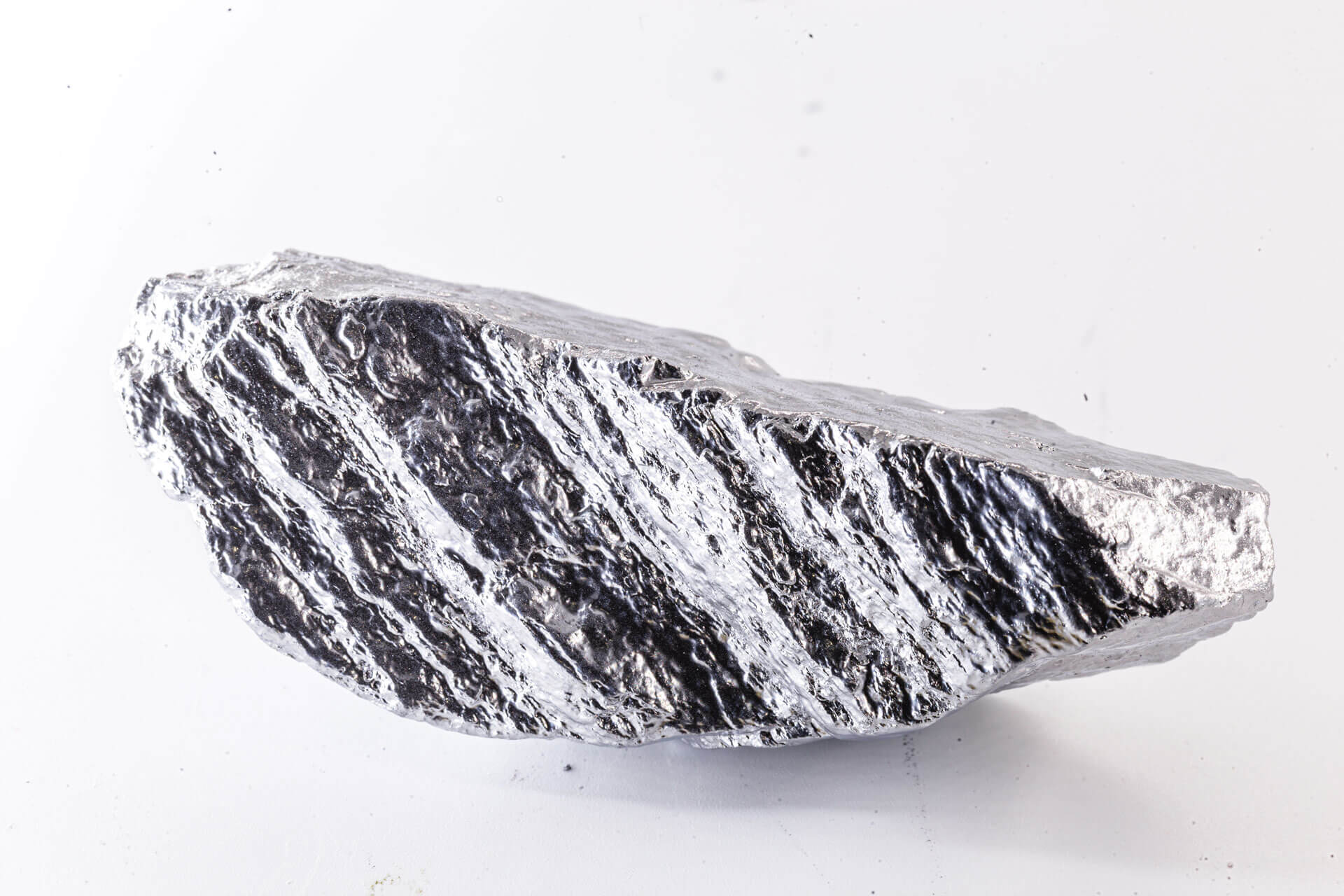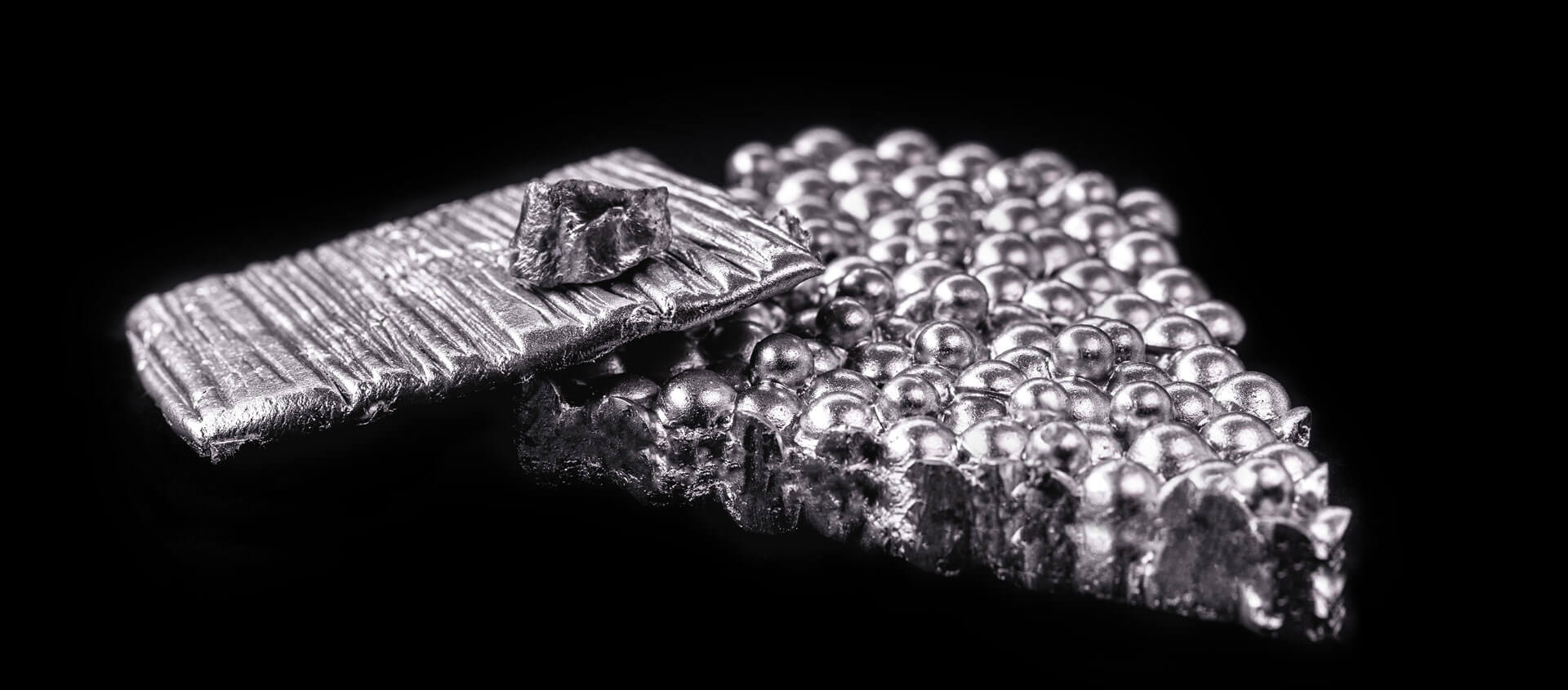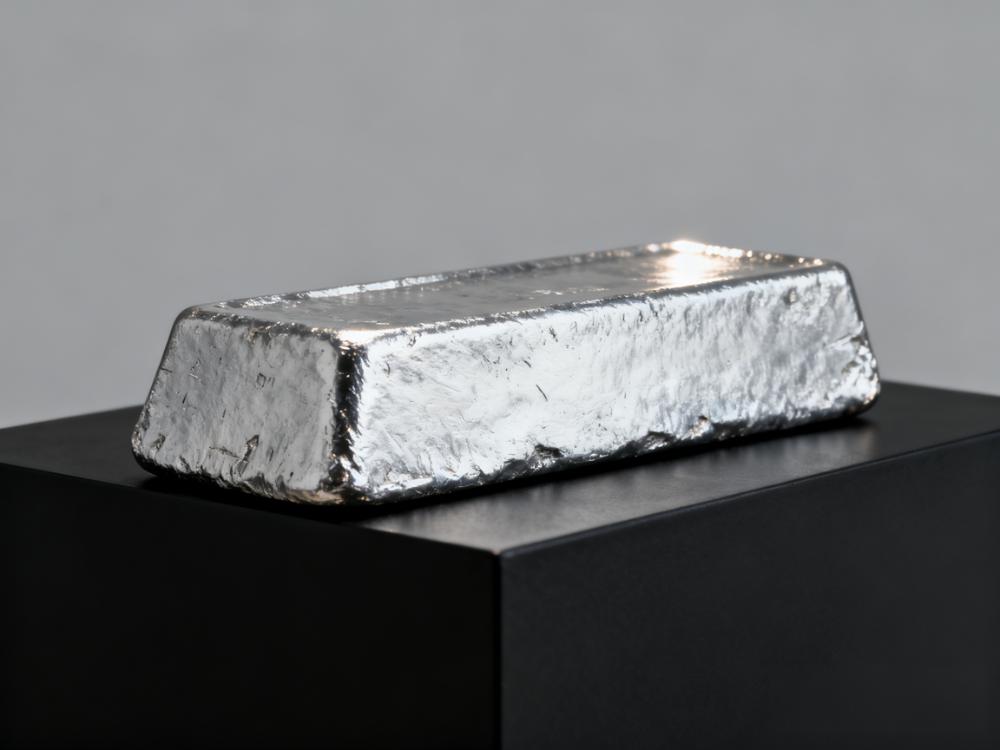APNI Secretary General Meidy Katrin Lengkey stated during a meeting with Indonesia's House of Representatives Legislative Body (Baleg DPR RI) on Wednesday, January 22, "Yesterday, we discussed the topic of cutting production to 150 million mt. Just this news alone prompted Macquarie London to issue a statement saying that if the production quota in the Work Plan and Budget (RKAB) is reduced to 150 million mt, nickel prices will return to the level of $20,000 per mt. Meanwhile, today's price is still around $15,000 per mt." Meidy explained that the total approved nickel ore mining Work Plan and Budget (RKAB) for 2025 is 298.49 million mt. On the other hand, Indonesia's current nickel ore production accounts for 63% of global production. This situation has led to a supply surplus in the global nickel market.
The day before, on Tuesday, January 21, Meidy stated in an interview, "Production cuts may target newly established companies that have not yet received government-approved RKABs. For companies that have just submitted applications, they may be subject to re-evaluation. Currently, there are still many companies that have not received approval."
Previously, on Friday, January 17, 2025, Energy and Mineral Resources Minister (ESDM) Bahlil Lahadalia emphasized during a meeting at his office that the government has no plans to cut nickel ore production this year. The Ministry of Energy and Mineral Resources only aims to maintain a balance between companies' RKAB requirements and industrial capacity: "Yes, the formulation of RKAB is based on necessity. There are currently no cuts planned."
According to SMM statistics, in 2025, SMM estimates that the annual nickel ore demand in Indonesia will be approximately 312 million wmt, of which about 169 million wmt will come from the demand for Indonesian NPI, 47 million wmt from the incremental demand for Indonesian nickel matte, and 89 million wmt from the ramp-up of Indonesian MHP. It is expected that Indonesia's nickel ore imports this year may increase to 13 million wmt. Overall, most of Indonesia's RKAB approvals are proceeding as scheduled, and shipments from mines approved through the SIMBARA system are generally normal. In H1 2025, nickel ore quotas are relatively loose compared to the same period last year. However, with the commissioning or incremental production of local smelting projects in Indonesia during the year, there is still a possibility of short-term nickel ore supply tightness. From a medium and long-term perspective, the Indonesian government may adopt a cautious approach to the approval of temporary quotas. The approval status of temporary quotas in the middle of the year and thereafter will significantly impact the overall nickel ore supply in H2.



